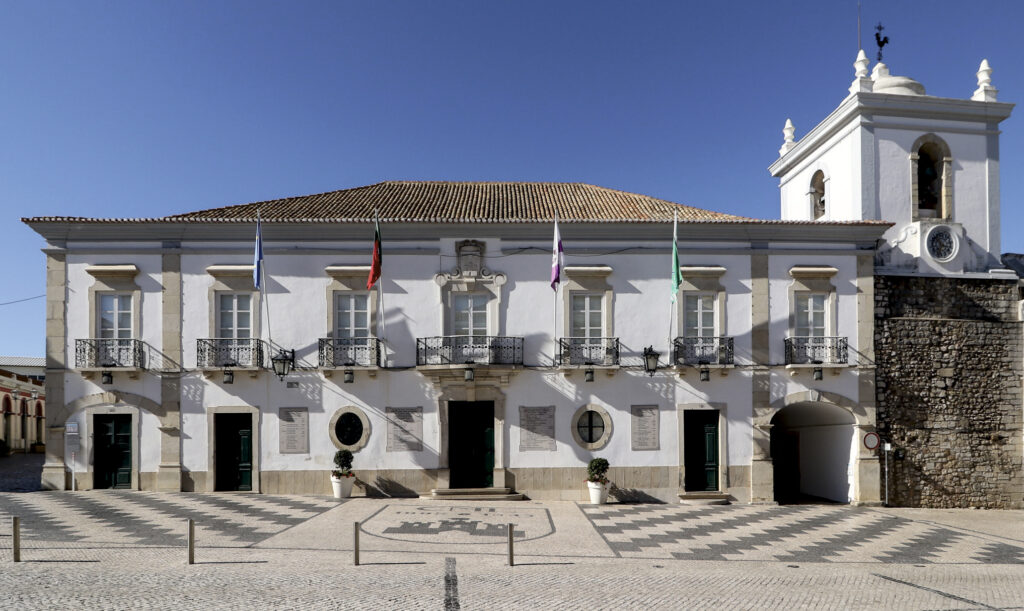The Municipality of Loulé will become part of a network of cities that wants to «address the challenges of human health in an integrated way», which will be created within the scope of the European project "ONCE", whose candidacy was selected by the European Commission, through the Committee of URBACT Monitoring.
In the case of Loulé, “ONCE” proposes to carry out “an approach focused on promoting informal physical activity and healthy lifestyle habits in order to strengthen local health and improve the resilience of populations”.
As for the network itself, which should be formally created in August, «cities can consider actions from different points of view and through different policies, but the perspective of global health will provide a common structure and will allow the development of sharing methodologies ».
In addition to Loulé, the cities of Lyon (France), Strasbourg (France), Suceava (Romania), Kuopio (Finland), Lathi (Finland), Benissa (Spain), Elefsina (Greece) and Munich (Germany) will participate in this network. ).
By participating in “ONCE”, Loulé wants to continue the work carried out within the scope of the European projects “Vital Cities – Make you Active” and “Healthy Cities”.
The URBACT Monitoring Committee approved 30 Action Planning Networks, which involve 26 countries and 203 partners. With the approval of these networks, tender procedures within the scope of URBACT IV are concluded.
Within the Action Planning Networks lifecycle, all partners will produce an Integrated Action Plan. They will also have the opportunity to test some small-scale solutions in their cities, building skills, bringing together local stakeholders and building transnational partnerships.
For municipal officials, «participation in yet another project of a transnational nature, based on the European Union's programmatic network, constitutes the consolidation of the work that has been carried out over the last few years by the municipality of Loulé and will be yet another opportunity for a fruitful exchange of experiences and lessons learned with other European partners».



















Comments